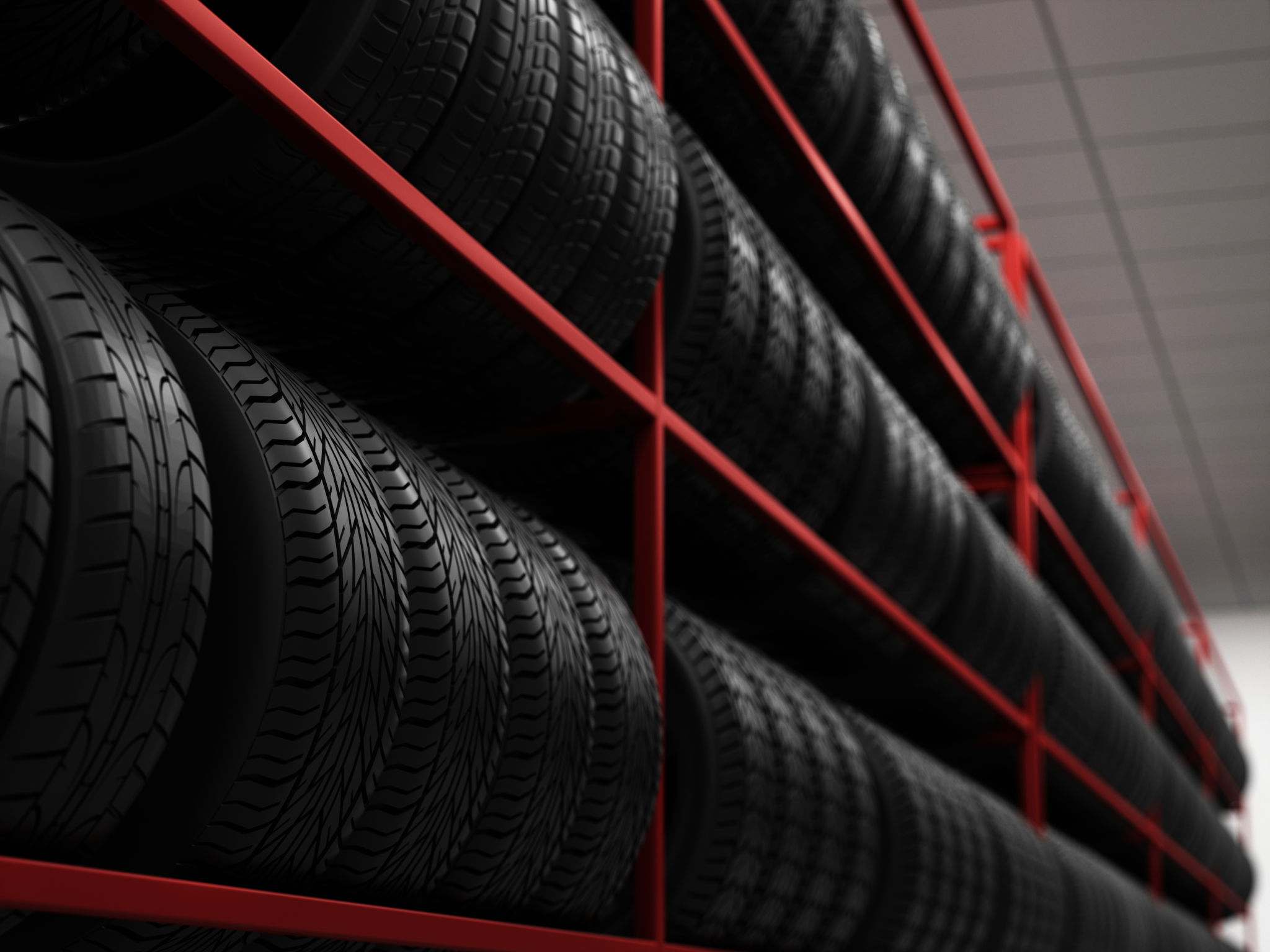Common Misconceptions About Tire Pricing and Quality
Understanding Tire Pricing: More Than Just Numbers
When it comes to purchasing new tires, many people are often surprised by the wide range of prices available. This can lead to misconceptions about what constitutes a good deal and what doesn't. It's important to understand that tire pricing is influenced by various factors, including the brand, materials, and manufacturing processes involved. A higher price doesn't automatically mean superior quality, and a lower price doesn't always equate to a bargain.
One common misconception is that all tires are created equal. This couldn't be further from the truth. Tires vary significantly in terms of performance, durability, and safety features. Understanding these differences is crucial for making an informed purchase that suits your specific driving needs and conditions.

Quality vs. Price: Finding the Balance
Another widespread belief is that the most expensive tire is always the best option. While premium tires often come with advanced features and enhanced performance, they are not necessarily the best choice for every driver. For instance, if you primarily drive in urban areas with moderate weather, you might not need tires designed for extreme conditions.
Conversely, budget-friendly tires can sometimes offer impressive quality and performance. Many reputable manufacturers produce affordable options that meet safety standards and provide reliable performance for everyday driving. It's crucial to assess your specific driving conditions and needs before deciding solely based on price.

Factors Affecting Tire Pricing
Several factors contribute to the pricing of tires beyond brand reputation. These include:
- Materials: High-quality rubber compounds and innovative tread designs can impact cost.
- Technology: Features like run-flat technology or noise reduction can increase price.
- Warranty: Tires with extensive warranties may cost more but offer long-term savings.
Debunking Myths About Tire Longevity
A common myth is that expensive tires last longer than their cheaper counterparts. Longevity depends on several factors, including tire maintenance, driving habits, and road conditions. Regularly checking air pressure, rotating your tires, and aligning them properly can significantly extend their lifespan, regardless of their initial cost.

The Role of Seasonal Tires
Another misconception revolves around the necessity of seasonal tires. Some drivers believe all-season tires suffice in any weather condition. While all-season tires offer versatility, they may not provide optimal performance in extreme weather. Investing in winter or summer tires tailored to specific conditions can enhance safety and vehicle handling.
Making an Informed Decision
Ultimately, the key to purchasing the right tires lies in understanding your driving needs and researching your options. Consider factors such as climate, driving habits, and vehicle type when evaluating tire options. Consulting with a tire professional can also provide valuable insights and help dispel any lingering misconceptions.
By recognizing that tire pricing and quality are influenced by multiple variables, you can make a more informed decision. Remember that the best tire for you is one that meets your specific requirements at a price point that aligns with your budget.